Ithaca: Unveiling the Island of Odysseus
Related Articles: Ithaca: Unveiling the Island of Odysseus
Introduction
In this auspicious occasion, we are delighted to delve into the intriguing topic related to Ithaca: Unveiling the Island of Odysseus. Let’s weave interesting information and offer fresh perspectives to the readers.
Table of Content
Ithaca: Unveiling the Island of Odysseus
.jpg)
Nestled amidst the azure waters of the Ionian Sea, Ithaca, a small island in the western part of Greece, holds a unique place in history and mythology. Its significance lies not in its size, but in its rich tapestry of ancient legends and captivating landscapes. This island, often referred to as the "island of Odysseus," is a testament to the enduring power of storytelling and the enduring allure of ancient Greek culture.
The Mythical Tapestry of Ithaca:
Ithaca’s fame rests on its connection to the legendary hero Odysseus, the protagonist of Homer’s epic poem, the Odyssey. According to the poem, Odysseus, the King of Ithaca, embarked on a perilous journey home after the Trojan War, facing numerous trials and tribulations before finally returning to his kingdom. This epic tale, spanning over a decade, is interwoven with the island’s identity, making it a place of pilgrimage for those seeking to connect with the timeless narratives of ancient Greece.
Exploring the Island’s Landscape:
Ithaca’s landscape is a symphony of rolling hills, verdant valleys, and rugged coastlines. The island’s natural beauty, a harmonious blend of olive groves, vineyards, and cypress forests, is a testament to its enduring charm. The island’s diverse topography creates a unique microclimate, fostering a variety of flora and fauna.
A Journey Through Time:
Ithaca’s history stretches back to the Bronze Age, with archaeological evidence suggesting early settlements dating back to the 3rd millennium BCE. The island’s strategic location in the Ionian Sea played a significant role in its historical development, making it a crossroads of trade and cultural exchange. The island’s rich past is evident in its numerous ancient ruins, including the remains of fortifications, temples, and tombs.
Cultural Heritage and Modern Life:
Ithaca’s cultural heritage is deeply rooted in its ancient legends and its vibrant folklore. The island’s traditional music, dance, and cuisine reflect its unique cultural identity. Today, Ithaca is a thriving community, known for its warm hospitality and its relaxed pace of life. The island’s small towns and villages offer a glimpse into the authentic Greek way of life.
Exploring the Island’s Treasures:
- Vathy: The island’s main port and capital, Vathy, is a charming town with a picturesque harbor, lined with cafes and restaurants.
- Odysseus’ Palace: Though the exact location of Odysseus’ palace remains a subject of debate, the archaeological site of the "Homeric Palace" in the village of Paliki offers a glimpse into the island’s ancient past.
- The Cave of the Nymphs: This natural cave, located near the village of Stavros, is said to be the home of the nymphs, mythical creatures associated with nature and beauty.
- The Monastery of Panagia Katholikí: This historic monastery, perched on a hilltop overlooking Vathy, offers stunning views of the island and the surrounding sea.
- The Beaches of Ithaca: The island boasts numerous beaches, ranging from secluded coves to sandy stretches, offering a perfect escape for those seeking relaxation and natural beauty.
FAQs about Ithaca:
-
Q: How do I get to Ithaca?
- A: The island is accessible by ferry from the mainland port of Patras or from the nearby islands of Kefalonia and Lefkada.
-
Q: What is the best time to visit Ithaca?
- A: The best time to visit Ithaca is during the spring and autumn months when the weather is pleasant and the crowds are smaller.
-
Q: What are the main attractions in Ithaca?
- A: Ithaca offers a variety of attractions, including ancient ruins, natural beauty spots, and charming villages.
-
Q: Is Ithaca a good place to stay?
- A: Ithaca offers a range of accommodation options, from traditional guesthouses to luxury hotels.
-
Q: What are the main activities in Ithaca?
- A: Ithaca offers various activities, including hiking, swimming, exploring ancient ruins, and enjoying the island’s cuisine.
Tips for Visiting Ithaca:
- Plan your trip in advance: Booking accommodation and ferry tickets in advance is recommended, especially during peak season.
- Rent a car: Renting a car is the best way to explore the island’s diverse landscape and hidden gems.
- Explore the villages: Take the time to wander through the island’s charming villages and experience the authentic Greek way of life.
- Enjoy the local cuisine: Ithaca’s cuisine is a delight, featuring fresh seafood, local cheeses, and olive oil.
- Embrace the island’s pace: Ithaca is a place to relax and unwind, so embrace the island’s slower pace of life.
Conclusion:
Ithaca, the island of Odysseus, is a timeless destination, offering a unique blend of history, mythology, and natural beauty. Whether you are seeking to connect with the ancient legends of Greece, explore captivating landscapes, or simply escape the hustle and bustle of everyday life, Ithaca promises a truly unforgettable experience. Its enduring charm lies in its ability to transport visitors to a world of ancient stories and breathtaking landscapes, making it a place that will linger in the memory long after the journey ends.

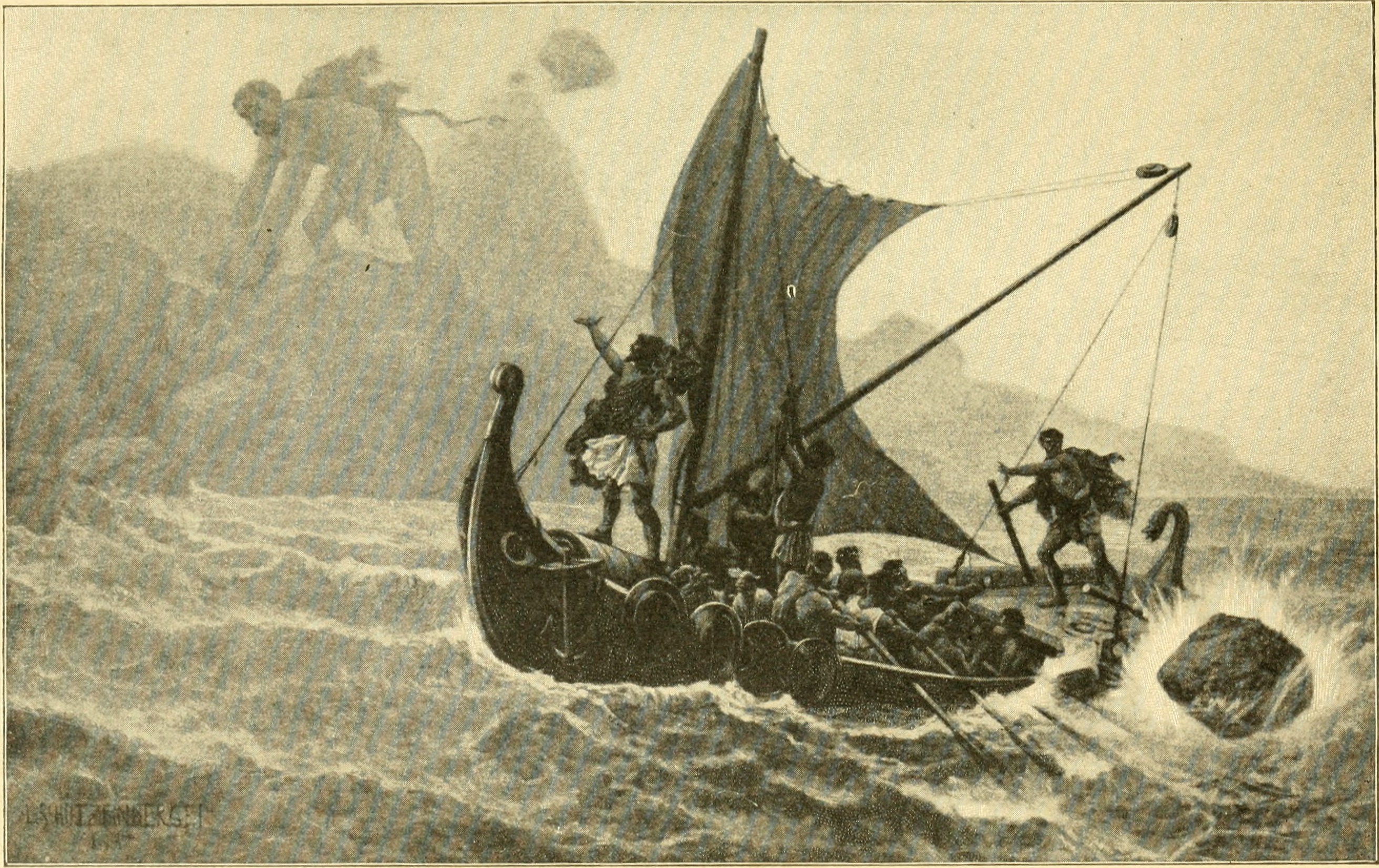

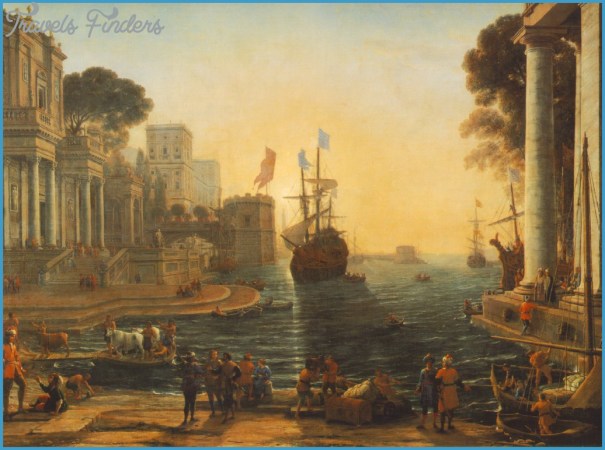

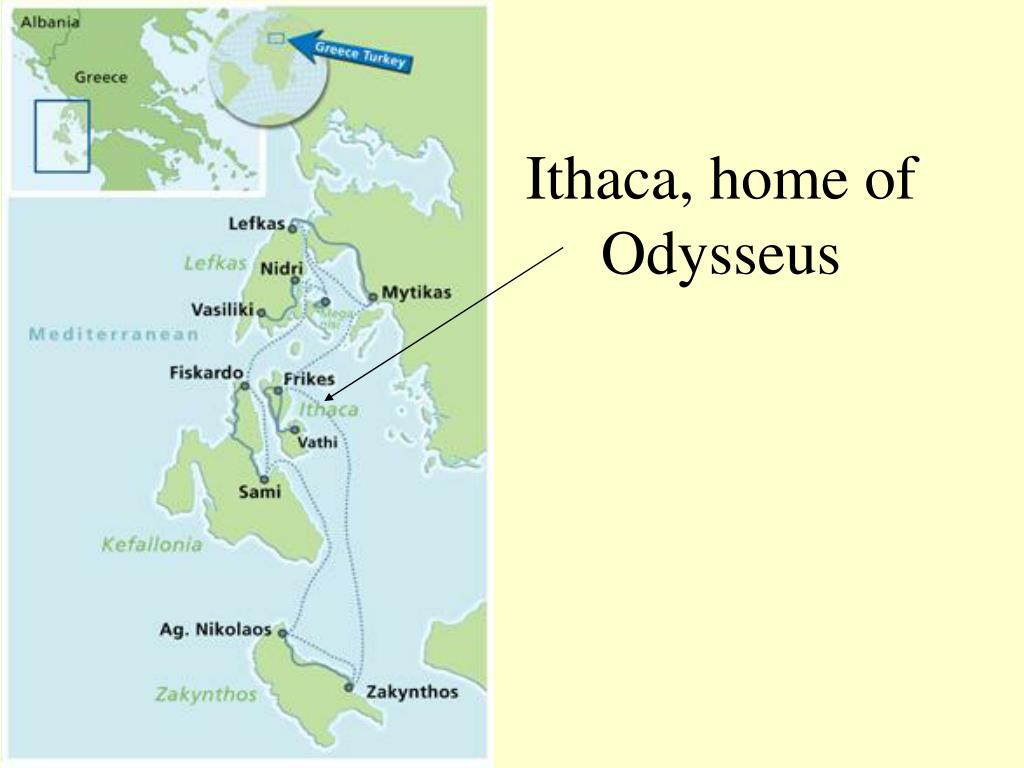
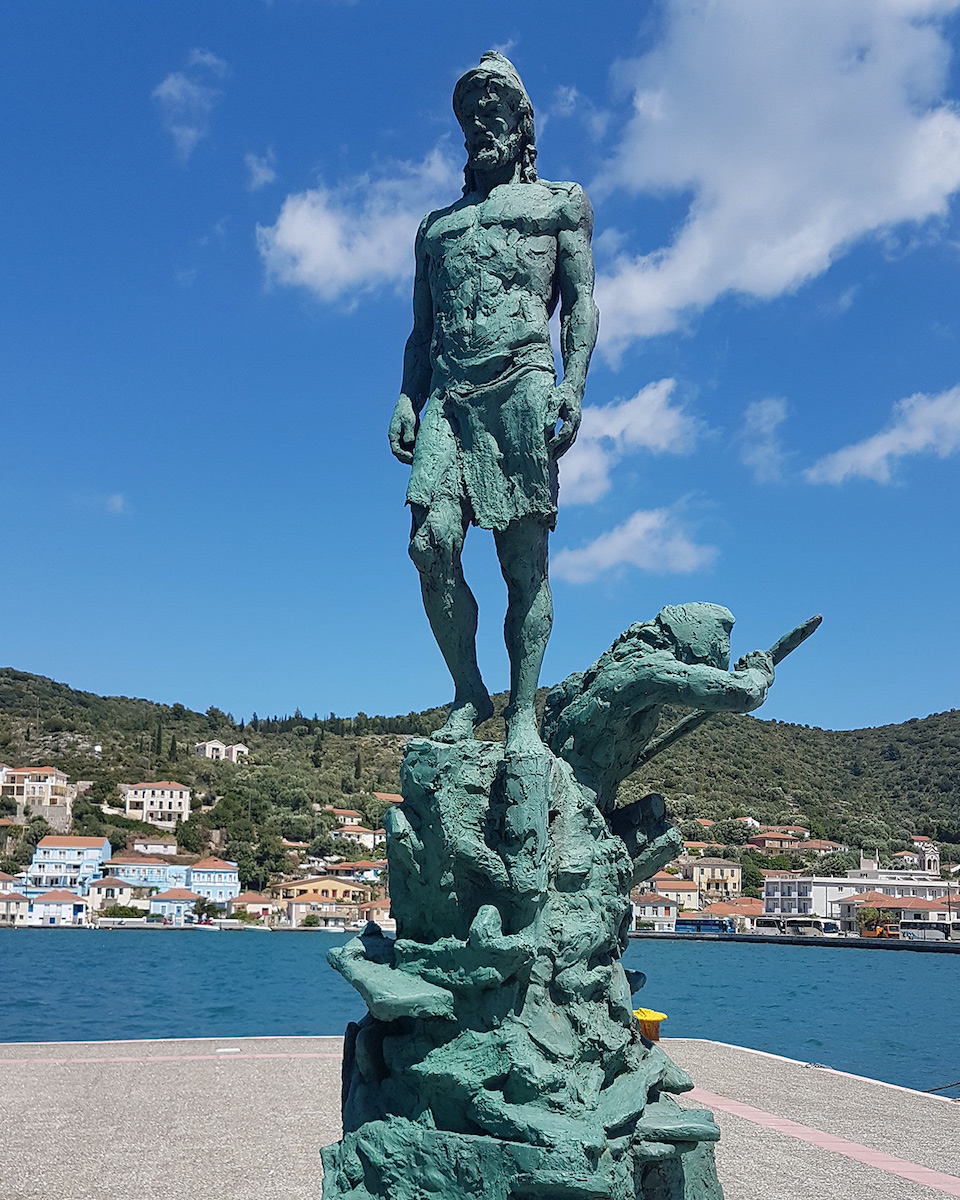
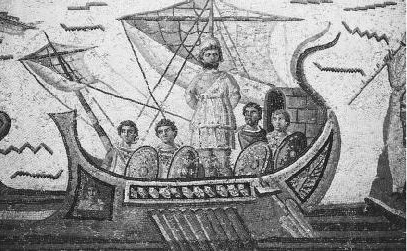
Closure
Thus, we hope this article has provided valuable insights into Ithaca: Unveiling the Island of Odysseus. We thank you for taking the time to read this article. See you in our next article!